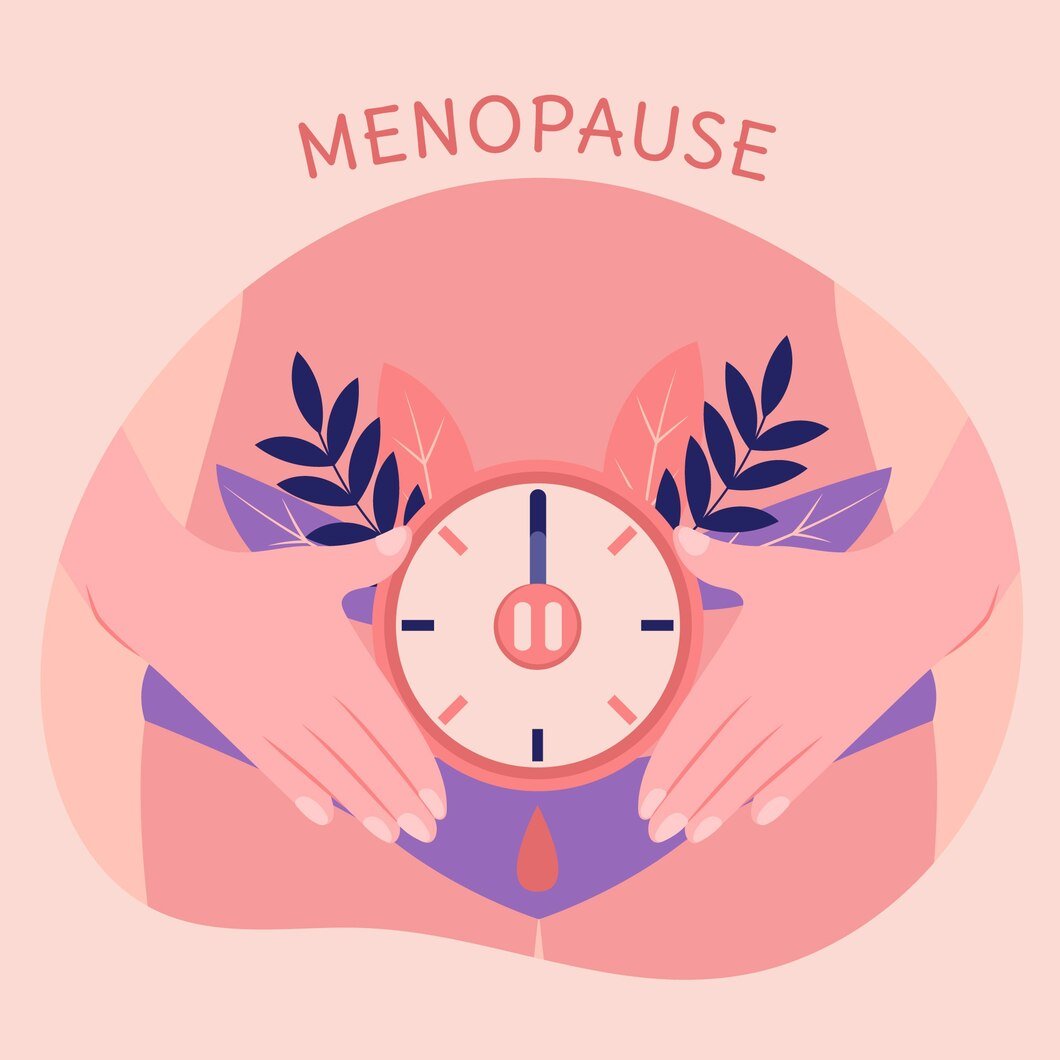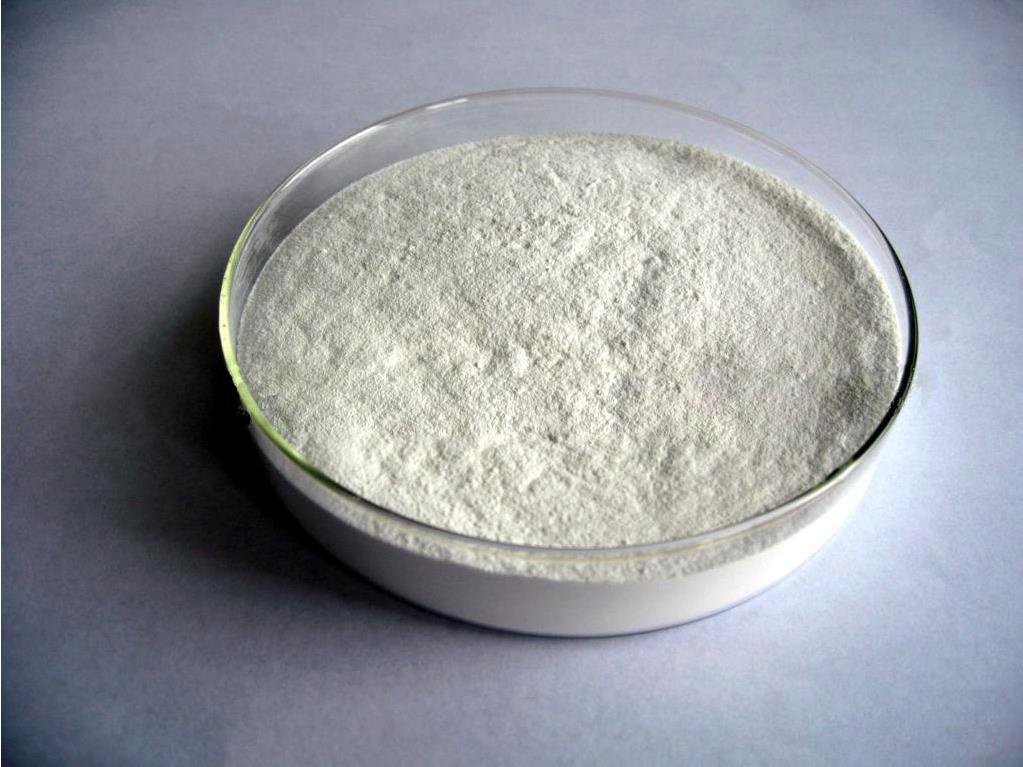Overview
The menopause is a natural part of a woman’s life and usually occurs anywhere between the ages of forty eight to fifty eight, on average most women will go through the menopause at around fifty one or fifty two years of age. It is only diagnosed after you have not had a period, vaginal bleeding or spotting for twelve consecutive months.
There is a certain negativity associated with the menopause as some women feel that a part of their life is ending, rather than a new one is starting. Even though the menopause generally affects only women, it is also possible for the menopause to be experienced by transgender men, people who were born intersex and people who consider themselves as non-binary.
The three stages of menopause
The menopause happens gradually over a period of time usually around seven years but it can be as long as fourteen. As the body ages your ovaries reduce their production of reproductive hormones, so that your periods start to reduce and eventually stop, and you are no longer able to conceive naturally. If a woman has to have a hysterectomy or have their ovaries removed for medical reasons they will go into the menopause straight away, and this is known as an induced menopause. Some women can also have a premature menopause which occurs before the age of forty, and if you go through the menopause between the ages of forty to forty five it is referred to as an early menopause.
Perimenopause
You are classed as being perimenopausal when your ovaries start to reduce the amount of estrogen they produce. It usually starts around the age of forty and around eight to ten years before the menopause its self. For some women it can last a matter of months and for others it can last for years. Periods can be become irregular as hormone levels change and you can suffer with mood swings and hot flashes.
Menopause
Once you reach the menopause your body will have ceased to release eggs from your ovaries and your estrogen production will be very low. Your menstrual cycle will have completely ceased for a period of twelve months.
Postmenopausal
This is the stage of your life after the menopause and whilst most symptoms reduce or cease, some people can continue to have symptoms for several years afterwards. Because of low estrogen levels you are also at greater risk of developing heart disease and osteoporosis.
Symptoms of the menopause
It’s important to remember that the menopause can be a different experience for different women, both in the time it starts, how long it lasts, and the type and severity of its symptoms. If you ask the women in your family, what there experience was, whilst yours may not be identical, it can give you an idea of what you might expect and how it might affect you both physically and psychologically.
Physical symptoms
Symptoms can vary amongst individuals but common symptoms will include:
· Changes in breast size or shape or tenderness in the breasts
· Changes in the menstrual cycle which can be either periods becoming heavier or lighter or your cycle being longer or shorter
· Sleep problems and resulting fatigue because of this
· Weight gain
· Hot flushes and night sweats
· An increase in premenstrual symptoms
· Vaginal atrophy which can cause painful sex or bleeding during intercourse or discomfort in the vagina due to dryness
· Heart palpitations
· Increased urination and urinary tract infections
· Headaches or migraine
· Vaginal infections
· Hair loss or increased facial or body hair
· Dry eyes, mouth or skin
· General muscle or joint aches and pains
Psychological Symptoms
Common emotional or mental symptoms can include:
· Anxiety
· Depression
· A loss of self-confidence
· Feeling over emotional, irritable or suffering with mood swings
· Loss of libido
· Feelings of low self-worth
· Concentration problems, memory loss or problems remembering words, sometimes called brain fog
Diagnosis
If you are worried about symptoms of any stage of the menopause then consult your doctor. They can only diagnosis you as having gone through the menopause if you have had no signs of a period or spotting (blood loss) in the last year. They can check your hormone levels with blood tests, but these can sometimes be misleading as during the perimenopause stage hormones can fluctuate significantly. They can however be useful if they suspect that there may be an underlying physical reason for your symptoms.
Treatment
If your symptoms are having a negative impact on your daily life then your doctor can prescribe a variety of treatments to help you. These can include antianxiety or antidepressant medications if you are suffering with either anxiety or depression as a result of menopausal symptoms. They may also suggest trying HRT (hormone replacement therapy) which is available in a variety in a variety of forms including, tablets, patches, injections, or creams to help with your symptoms. If you have bipolar or schizophrenia it is possible that the menopause could worsen your symptoms, if this happens you should consult your doctor immediately.
Self-help
There are self-help groups and blogs about coping with the menopause which some people can find helpful especially if they prefer more natural homeopathic treatments rather than HRT. What works for one person might not necessarily work for you so sometimes it can be a case of trial and error. Try to be as healthy as possible by reducing alcohol or nicotine intake, maintaining a healthy diet, taking regular exercise, and maintaining a consistent sleep pattern, taking up meditation, yoga, relaxation classes or practicing mindfulness can improve your symptoms.
Therapy
Therapies such as CBT (cognitive behavioural therapy) can help you to change your negative thoughts and behaviours and help you replace these with healthier more positive ones. It can also help to reduce how much your menopausal symptoms affect you. Clinical hypnosis can also be helpful as it involves being in a state of deep relaxation. There is research that believes that it cannot only reduce the amount of hot flushes you have, but also the intensity of the hot flush. Written by Jan, Jeana and Wendy at Barnsley Hypnosis and Counselling (UK). For more free Information click above link.










